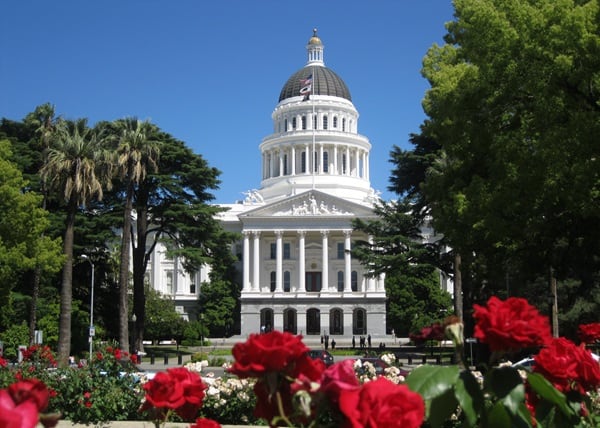Amy Hunter in the Rector’s Forum on Sunday, February 12, 2017:
“I’m really clear that what is wrong, is that we are not connected.”
We remain separate from each other when we lack information and insight into what is important to each other. One of the tools for building bridges across differences is learning what we don’t even know we don’t know. And to help us in that work, we are honored to welcome Amy Hunter to the Rector’s Forum on Sunday, February 12 for a provocative exploration of issues and insights that are part of an America white people often don’t see.
Currently the Manager of Diversity and Inclusion for St. Louis Children’s Hospital, Amy Hunter previously served for seven years as Racial Justice Director of YWCA St. Louis where she initiated and sponsored Witnessing Whiteness groups. She served as a co-facilitator of St. Louis’ Truth and Reconciliation process, is a nationally recognized educational equity and youth activism ally and advocate and frequent media commentator and speaker with expertise in critical race theory.
She brings to this work fifteen years of organizing diversity initiatives for companies such as Edward Jones, Monsanto and Bank of America — all of which she credits with developing her approach to broaching necessary dialogues. She has written about the Ferguson demonstrations for Essence Magazine, given a TEDx Talk on how zip codes are an indicator of systemic discrimination (see video below) and discussed the Michael Brown case with CNN, CBS, PBS and the Wall Street Journal.
She describes some of that story here, in an online interview published in 2015:
Tell me about your role/involvement with the Ferguson protests.
My role is the Director of Racial Justice for the YWCA in St. Louis, Missouri. The mission for the YWCA is to eliminate racism and empower women. I am known as the mother that gave “the talk” to my 12 year old son about how to handle police when stopped or detained. For many, it was the seminal moment that linked women, mothers together to understand the violence that was occurring for some of our children but not all of them. My role on the front lines was as an elder, supporter, translator between generations, a translator between the protestors and the police.
How did this involvement begin?
I went to a memorial held for Michael Brown and then the protests that followed. My involvement with social justice began in corporate America where I could see unjust policies and practices in hiring, firing and promotions. The events of Ferguson were a microcosm for the racial and economic injustices within institutions.
What surprised you most about the efforts in Ferguson?
What surprised me the most was that the majority of the population did not understand what the over arching and systemic problems were in Ferguson, our schools or the region. That we had to spend time teaching about racism and racial profiling. It surprised me that people, all people were not outraged that his body laid there for 4 hours, most of the time uncovered and disrespected. It surprised me that they attempted to vilify his mother as a bad, unengaged or irresponsible parent. I was surprised the National Guard was not sent to protect the people, instead the police. I was surprised they brought out dogs, tear gas and rubber bullets and released them on Black and Brown bodies on American soil.
For a glimpse into her powerful witness to love, justice and compassion — and her fierce commitment to dismantle the systemic racism that infects our nation — here is her 2015 TEDx Talk. Watch it … and then join us in the Rector’s Forum on Sunday, February 12 at 10:15 a.m. (And if you can’t join us in person, join us via our growing live-stream community here.) For more information, call 626.796.1172;



